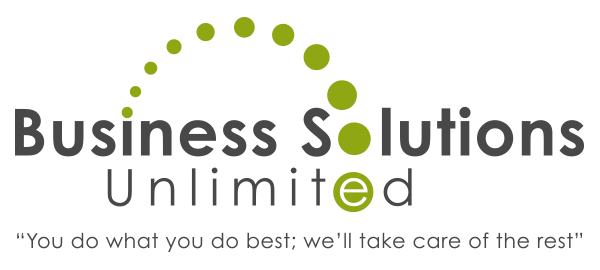Stacks of financial documents sitting on your desk can be an intimidating sight.
Of course it’s intimidating. Not only is it a time-consuming task to sift through the income, expenses and taxes, but a mistake could be costly.
As a small business, diligent accounting is a necessary activity that keeps you and your business rolling along with the clearest picture of your success…or areas that need to be tightened up.
As important as accounting is to a business, you’d be amazed at the common mistakes businesses make in their finances.
1. Not Seeking Professional Help
You’re an expert in your business and you probably are the go-to professional providing a valuable service to your clients.
The same could be said about a professional Accountant. They can leverage their education and expertise to your financials.
• Make sure you don’t miss filing deadlines
• Find areas that are costing you money in the short and long term
• Make sure your business is set up properly
• Keep you organized, ensuring that your finances are accounted for all year long
2. Not Using the Right Accounting Software
There are a wide range of accounting software choices out there, and they all sound impressive.
Some are inexpensive. Some are very expensive. However, when assessing which software is right for you, prices shouldn’t be the deciding factor.
Other considerations: Do you have retail inventory costs? Medical insurance billing? Staff size (and projected growth)?
The wrong choice could force you to a costly and time-consuming accounting software upgrade in a year or two as your needs change due to growth or other business issues.
That’s why you should first conduct an accounting needs analysis before making a software choice.
That’s where a professional can help. They can analyze your managerial, financial and future needs. Good planning in the beginning can make a world of difference in cost, time and frustration.
3. Lack of Accounting Knowledge
Accounting software is only as good as the data you feed it and understanding the reports it generates.
Understanding the basic principles of accounting will help you set up a proper workflow for your finances.
Again, a professional can step in, give you the basic training you need to manage your accounting software and be there when you run into more complicated financial issues.
4. Mixing Business and Personal Finances
Mixing these two can be a huge issue in managing your cash flow and profits. Not to mention tax time.
Comingling funds (especially if you’re a corporation) can raise flags, opening you up to an audit that looks at both your personal and business finances and cost you even more money.
The simplest thing to do is set up a business bank account.
Then run all of your business income and expenses through that account. That way, you’ll have a clearer picture of your actual business finances and a more likely pain-free tax season.
5. Not Keeping Your Records
Speaking of audits, how long should you keep your financial documents and receipts—just in case?
Well, the answer can vary depending on business type, income sources, etc. However, a good rule of thumb is to store your records for seven years.
6. Making Financial Decisions without the Right Data
Buying that new equipment or hiring a staff member might be exciting, but what impact will it have on your business? Is it a sound decision?
After using your accounting software properly, seeking the guidance of a professional Accountant and gaining a full understanding of your finances, you’ll have the data needed to make the right decisions for your business.
What’s great is, you’ll make financial decisions with confidence and sidestep the second guessing that can keep you awake at night.
Yes, accounting is essential to your business. Consider it an investment to your success. If you have any questions, give us a call, 904-429-4588. We’ll help point you in the right direction.

